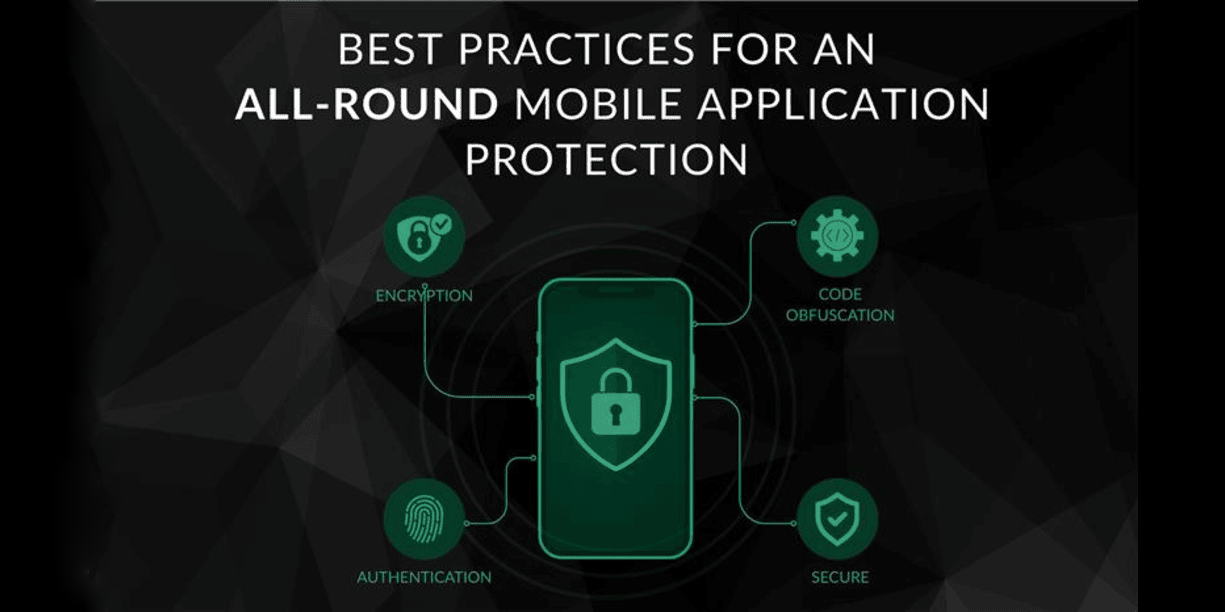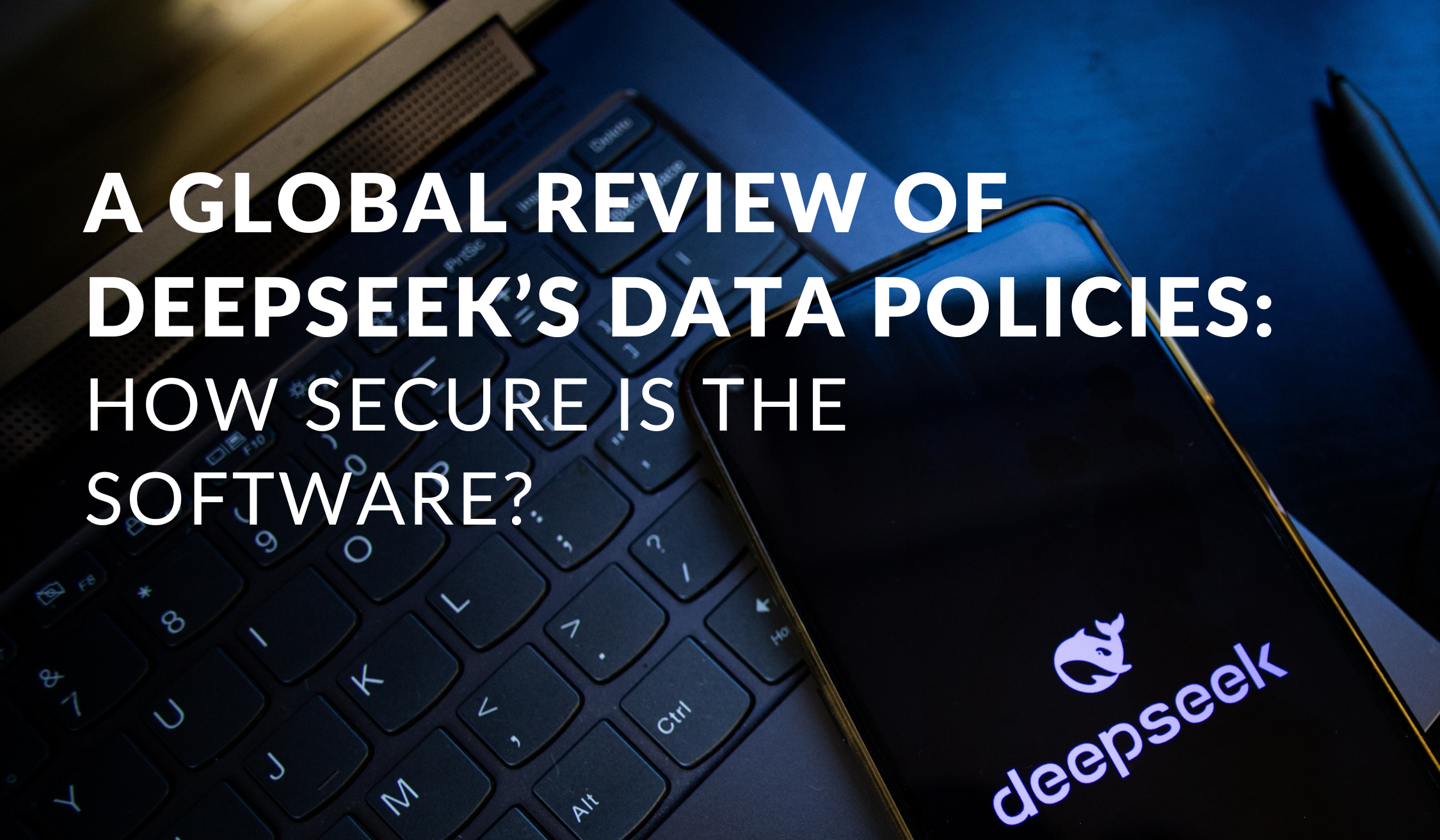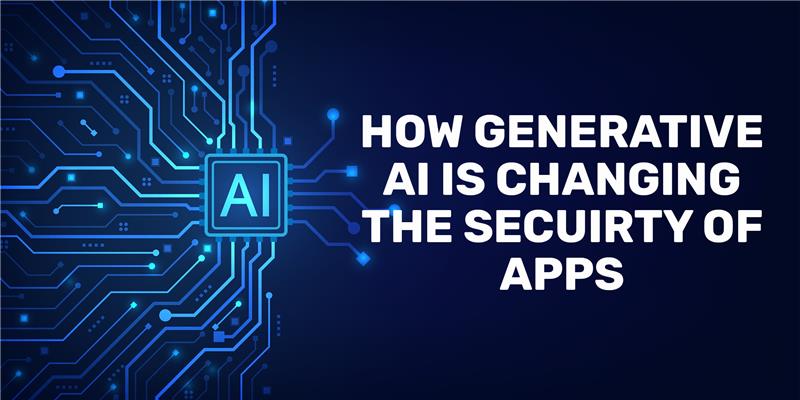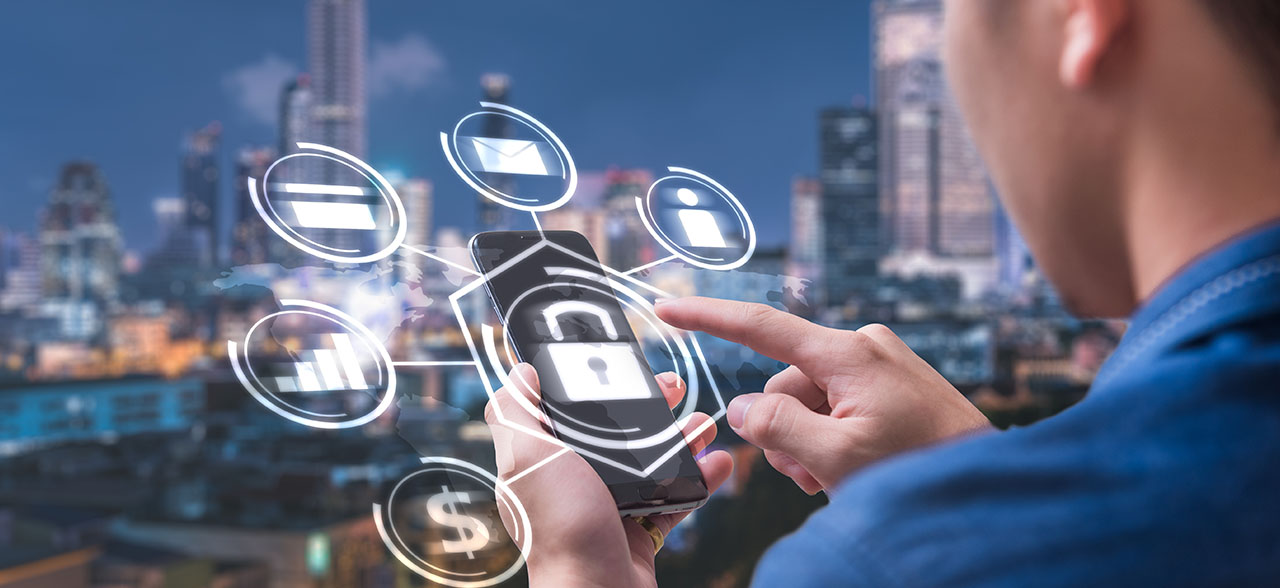In recent times, large hotel chains including the Marriott, the Hyatt and the Intercontinental have been subjected to attacks from hackers. The result has been payment/credit card data from thousands of food, drink and other transactions being compromised.
Hotels have long offered safes for guests to store their passports, jewellery and other valuables. Keeping things under lock and key has been a way to ensure intruders don’t make off with property that does not belong to them.
However, hotel guests are now finding it is more than their luggage that is at risk from opportunistic thieves.
In recent times, large hotel chains including the Marriott, the Hyatt and the Intercontinental have been subjected to attacks from hackers. The result has been payment/credit card data from thousands of food, drink and other transactions being compromised.
In many cases, hotel computer systems were infected by data-stealing malware after hackers infiltrated the point-of-sale system. The Four Seasons and even Trump Hotels have also been affected, with reports saying Trump Hotels were forced to pay a fine for not alerting 70,000 customers that their credit card information had been stolen by hackers.
Around the world, hotels are moving their operations management online as a way of streamlining workflow and improving customer service. Recent changes to hospitality technology include electronic room keys, vast customer data storage systems and even apps to make booking rooms and ordering room service easier.
This digital revolution is important in order to keep up with customer demand. Guests expect to be able to book and pay with a credit card and they also want access to wireless internet services once they check in so they can get work done, keep in touch with family back home or plan their holidays.
The concern with these conveniences is that they may come at a price to personal security. Whenever a consumer hands over their credit card information, be it at a hotel, a store or a petrol station, they are at risk of that information being stolen by digital criminals and used to create fake cards and accounts. When accessing apps and public wifi, they are exposing their own devices to the threat of hackers.
For hotels, a so-called hack-attack can have a negative impact on reputation. Even if the situation is handled with the highest level of professionalism, news that thousands of customers have been affected by a virtual break-in can spread like wildfire. This can drive guests to choose to stay with the competition.
If customers are unable to reclaim money lost due to hackers through their finance outlets, they may be forced to take legal action against their hospitality provider.
It is a lot for hotel owners and managers to think about!
As with every business, hotels must make cyber-security a priority.
The aspect that is most important is prevention. Creating systems that are as hack resistant as possible will make it too difficult for thieves to make their way in. The harder it is to hack a hotel system, the more likely they are to give up and look elsewhere.
As a hotel owner, you should be keeping in touch with your digital team to ensure security standards are not only met but regularly reviewed and updated. You should also keep staff informed about how they can reduce the risk of fraud from their end. This includes only accessing the hotel intranet from a secure device and internet connection.
In terms of apps, if you are working on one for your hotel or already have one available, consider a protective security SDK such as Quixxi. This provides a network of virtual padlocks, each of which must be individually unlocked by a hacker – a hugely time consuming and therefore almost impossible feat.
Recent hack events have proven that even major hotel chains are not immune to security threats. Make sure your guests are not at risk by introducing a simple security system like Quixxi today. Visit www.quixxi.com






